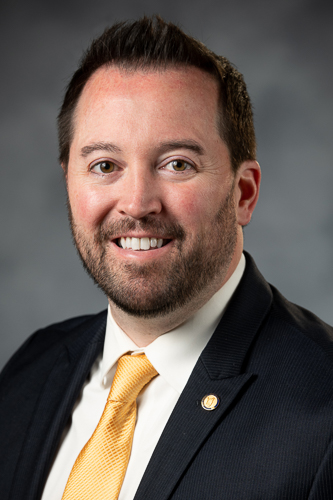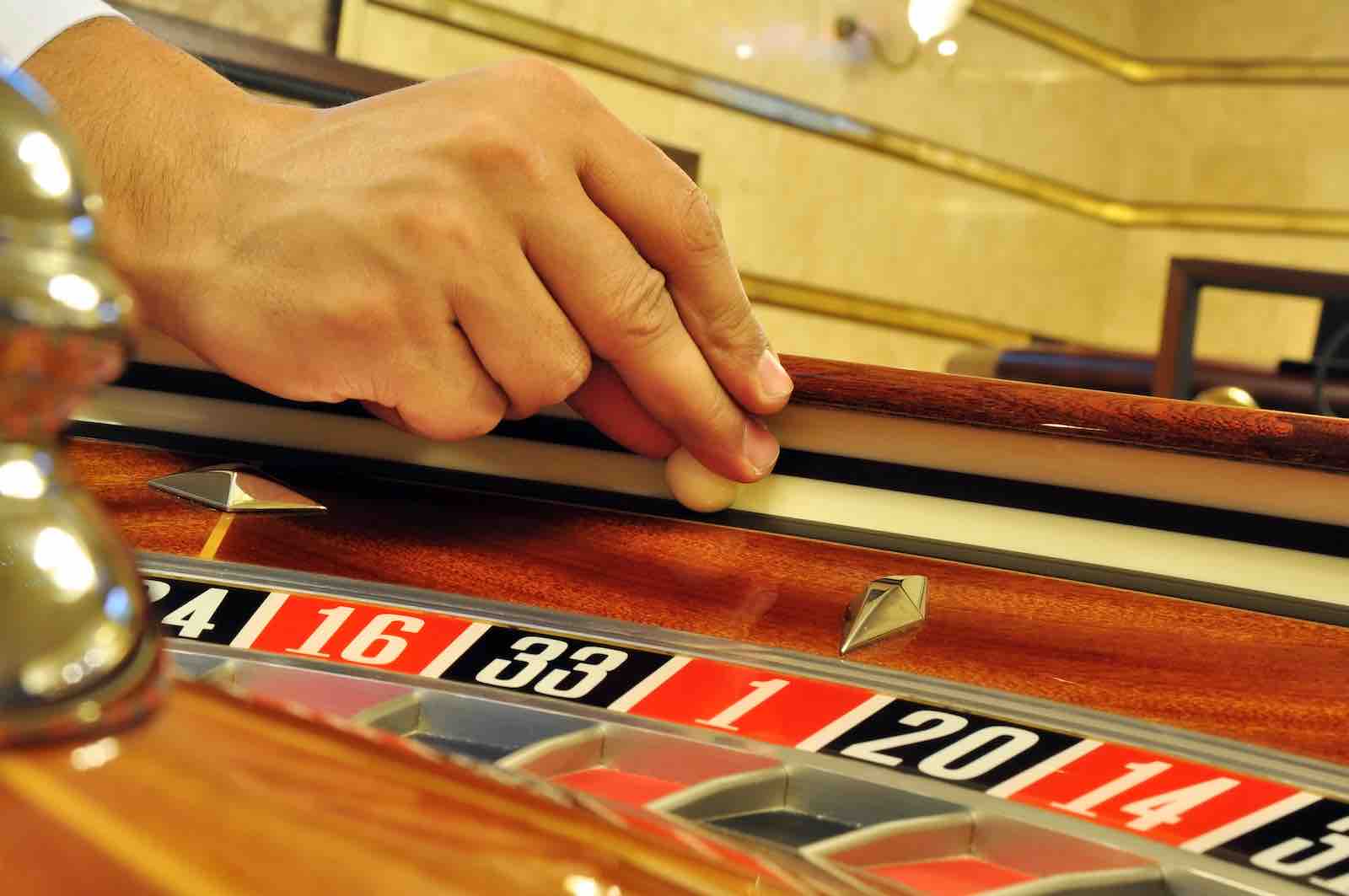NCLGS President Shawn Fluharty On iGaming Progress: ‘Lawmakers Were Complacent’
"ESPN partnered with PENN, they're the worldwide leader in sports, now they're trying to be the worldwide leader in sports betting. You're gonna have multiple issues that arise within that structure,” Fluharty said.
3 min

There’s the percolating Shohei Ohtani interpreter offshore betting scandal, blowback from ESPN anchor Rece Davis’s misguided “risk-free” quip on air Sunday, and the Raptors’ Jontay Porter coming under investigation for betting irregularities, and it’s only Wednesday.
The cup runneth over with regrettable developments that, rightly or wrongly, will demand some kind of response for proponents of legal, regulated sports betting and legal iGaming. Perhaps chief among those pressed to contextualize these developments is Shawn Fluharty, acting president of the National Council of Legislators from Gaming States (NCLGS). He is also head of government affairs for Play’n Go, a B2B online slots provider, and the Democratic minority whip in the West Virginia House of Delegates, one of the earlier adopters of legal iGaming in 2019.
Of all the topics that bubble up to Fluharty’s ear, he said on Tuesday when Casino Reports caught up with him, “The things I hear the most when it comes to sports betting in particular, it’s this advertising side, and then mergers and acquisitions and partnerships you’re seeing with influencers.”
“Look, ESPN partnered with PENN [Entertainment], they’re the worldwide leader in sports, now they’re trying to be the worldwide leader in sports betting. You’re gonna have multiple issues that arise within that structure,” Fluharty said. “And unfortunately, you’re seeing it happen as a more regular occurrence, and at the end of the day, regulators and legislators are going to have to step in. I worry that if we don’t see a state-by-state framework analysis in collaboration, then you’ll see the federal government jump in. And that’s the last thing we want, because they don’t come in to fix problems, they usually come in and make more problems.”
Of course, renewed efforts at federal regulation in the gambling sector are underway, with Connecticut Sen. Richard Blumenthal’s GRIT Act and New York Rep. Paul Tonko’s announcement of a forthcoming SAFE Bet Act, which he outlined last week and intends to introduce.
Shaping a Model
On the iGaming and online casino front, there is still much more work to do for legal gambling proponents, a task that Fluharty is aiming to streamline through the crafting of model iGaming legislation.

In February, NCLGS announced a partnership with the UK Gambling Commission to develop this model legislation, which will be unveiled at the group’s summer meeting on July 17-20 in Pittsburgh.
“Our goal at the end of the day is for regulators and legislators to take something back from the conference with them,” Fluharty said. “And since we first announced the partnership, it seems like every day I either get a new text or a new email or a new phone call about somebody or a group wanting to be part of the process, which is exciting because we want this to be a process that mirrors the legislative process, right?
“That’s how good legislation gets done. Everybody comes to the table and there’s compromise, there’s give and take, and we want to be able to formulate the framework for good legislation. Every state has its nuances. We fully understand that no piece of iGaming legislation is going to look the exact same in every state because as you’re seeing it play out in states right now, there’s different battles. However, at the end of the day, I do think there is a fundamental framework that we can have in place.”
The most promising battle taking place today for the pro-legalization camp is in Maryland, where on Tuesday at a Senate Budget and Taxation Committee hearing, Del. Vanessa Atterbeary spoke in favor of House Bill 1319. The battle remains uphill, and time until the session closes on April 8 is short.
A different animal
But at the NCLGS summer meeting, Fluhuarty and his fellow legislators will reconvene and map out a strategy for the next round, which he hopes will include far less discussion about online gambling cannibalizing brick-and-mortar play.
“You know, when we were passing iGaming [in 2019], that debate wasn’t even part of the conversation … and you fast-forward five years from when we’ve had iGaming and I’ve had zero complaints from the casino industry saying they’re being cannibalized. So now that it is at the forefront of legislation and many states are looking into it, you’re seeing pockets of lobbying that quite frankly is not helping matters, because now you have people following these political talking points.”
Meanwhile, Fluharty knows that his work is cut out for him, in part because while cars were speeding by in the sports betting lane, with tailwinds (eventually) from professional sports leagues and favorable public sentiment, an iGaming push is happening at a time when sports betting is generating not just substantial revenue, but also violations and plenty of fodder for critics.






